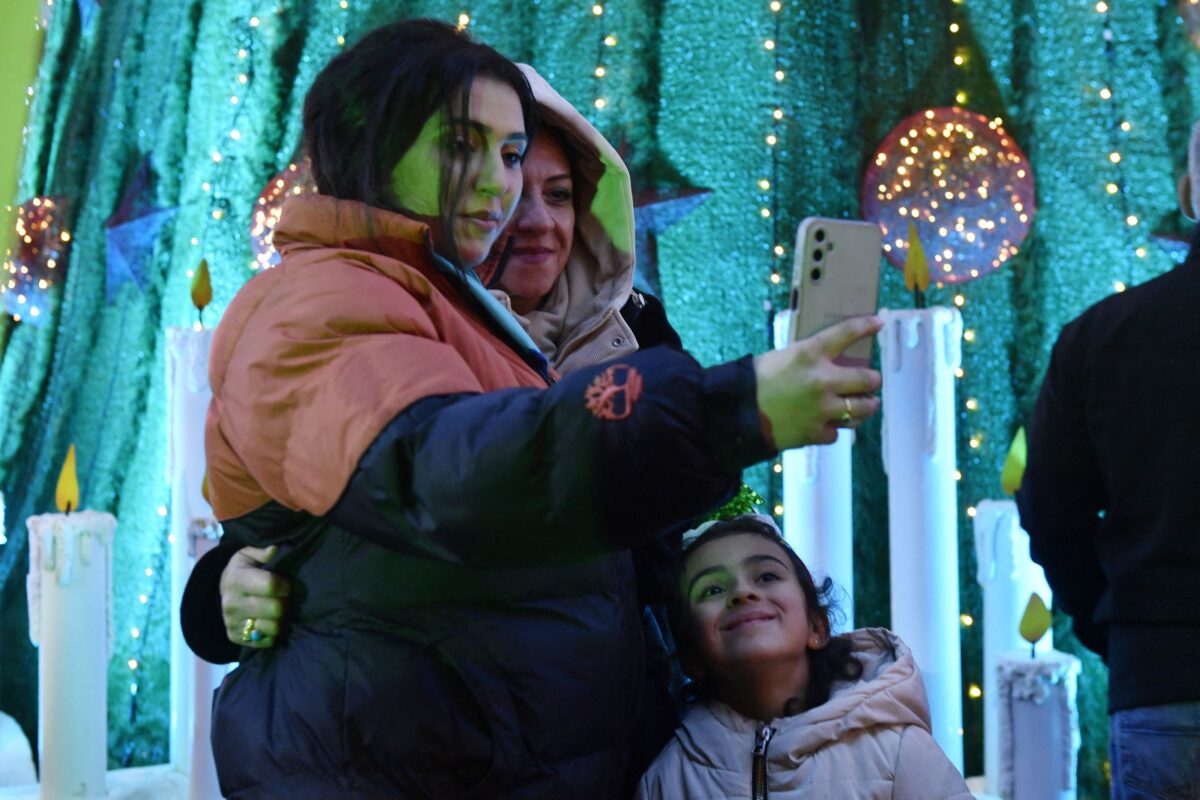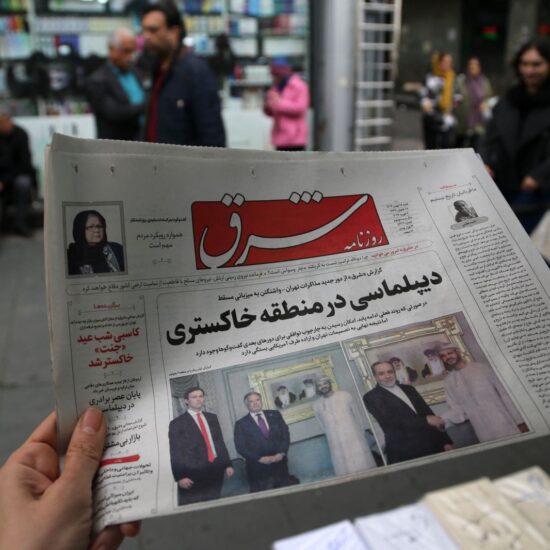
As we close the chapter on 2024, a very turbulent year, which was full of events, one thing becomes clear: the Middle East has witnessed shifts that few could have anticipated. From the unexpected collapse of entrenched regimes to the quiet yet significant cracks forming in seemingly immovable structures, 2024 was a year of change - a prelude to an uncertain yet promising era
In Syria, the unthinkable happened. After many decades of brutal authoritarian rule, al-Assad’s regime has fallen. What seemed an impossibility just a year ago is now reality. But let’s temper our expectations: Syria’s liberation from one man’s grip does not mean its freedom from the forces that have exploited and fractured it. International actors still circle the country, each with their own agenda, while Syrians on the ground face the herculean task of rebuilding trust, institutions, and their very sense of identity. This is not the end of a struggle but the beginning of a long, fraught journey toward something better.
Lebanon, too, saw change on the horizon. Hezbollah, a group long synonymous with unchecked power, faced an internal transformation that few could have predicted. Its leadership shift marks an opening – but not a resolution. The country remains mired in political and economic crises, and the real test lies in whether Lebanon’s factions can finally move beyond division toward a shared vision of governance. Optimism is not naivety; we know this process will take years, if not decades. But for the first time in a long while, there is room to imagine a future beyond stagnation.
Across the region, the undercurrents of change have been palpable. In Aleppo and Damascus, in Beirut and the Bekaa Valley, people are talking not only about what they’ve lost but also about what they might gain. Protesters in the streets, leaders stepping down, and long-silenced voices rising up – all of these, signal something rare and precious: the possibility of a new phase.
But caution must temper our hope. If the history of this region has taught us anything, it’s that opportunities squandered are more common than revolutions realized. The forces of tyranny and division are resilient, and the region’s wounds are deep. It will take more than new leadership or international resolutions to heal what has been broken. It will require the hard, unglamorous work of reconciliation, rebuilding, and redefining the very ideas of sovereignty and identity.
And yet, what stands out most about 2024 is that these shifts were not part of anyone’s script. They were not the inevitable result of foreign intervention or carefully laid plans. They were, above all, a reminder of the power of unpredictability – the way people, when pushed to their limits, can still surprise us.
As we step into 2025, we do so with cautious optimism. Change does not guarantee success, but it offers the chance for something better. This year, for the first time in a long while, the Middle East has that chance. Here’s to hoping we don’t let it slip away.
Ramzi Abou Ismail is a political psychologist and researcher at the University of Kent.
The views in this story reflect those of the author alone and do not necessarily reflect the beliefs of NOW.








